Tag: Research

Salvadoran Catholic Clergy Condemn Bukele’s Attack on Freedom
Time Period: 2020-2025Location: El SalvadorMain Actors: Catholic clergy, Cardinal Gregorio Rosa ChávezTactics– Letters of opposition or support– Signed public statements– Prayer and worship Nayib Bukele was elected president of El Salvador in...
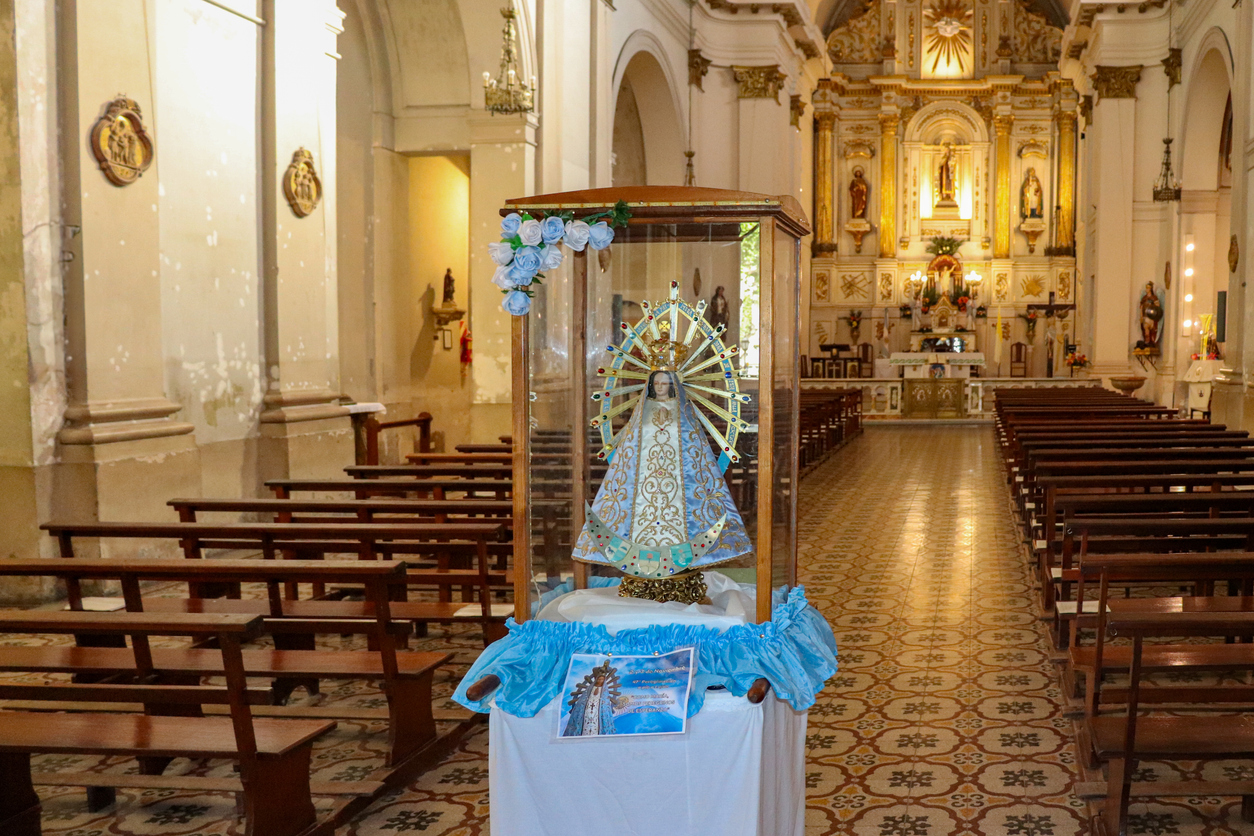
Argentine Catholic Clergy Oppose Javier Milei
Time Period: 2023-presentLocation: ArgentinaMain Actors: Catholic clergy, especially Curas Por la Opción Por Los Pobres (Priests for the Option for the Poor)Tactics - Letters of opposition or support - Prayer...

Inspirational Examples of Principled Collective Action and Loving Defiance
Across the country, groups are using creative forms of collective action and nonviolent defiance to challenge abuses of power and attacks on fundamental freedoms. Key pillars, including faith organizations, unions,...
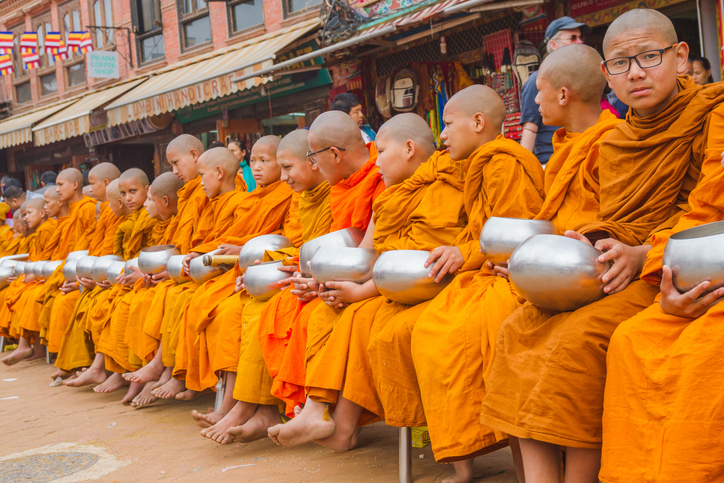
Buddhist Monks Defect from Myanmar’s Military Dictatorship
Time Period: 2007Location: MyanmarMain Actors: Buddhist monks, All Burma Monks Alliance (ABMA)Tactics - Withholding or withdrawal of allegiance - Slogans, caricatures, and symbols - Assemblies of protest or support -...
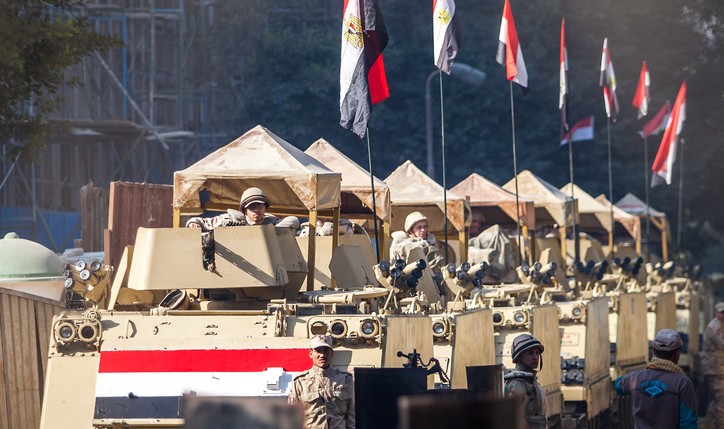
The Egyptian Military Defects During the Arab Spring
Time Period: 2011Location: EgyptMain Actors: The Egyptian MilitaryTactics - Withholding or withdrawal of allegiance - Mutinies by government personnel - Protective Presence Between 1981-2011 Egypt was under the authoritarian rule...
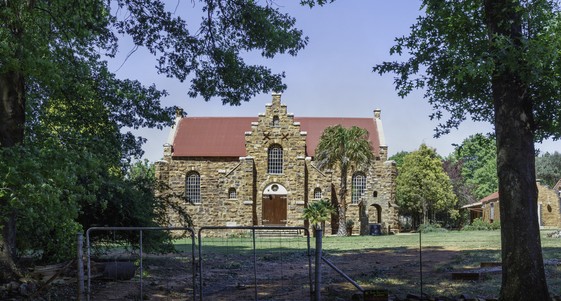
South African Clergy Support Early Defections from Apartheid
Time Period: 1948-1968Location: South AfricaMain Actors: Dutch Reformed Church in South Africa (DRC), Roman Catholic Archdiocese of Cape Town, Anglican Church of Southern Africa, Christian Institute of Southern Africa, South...
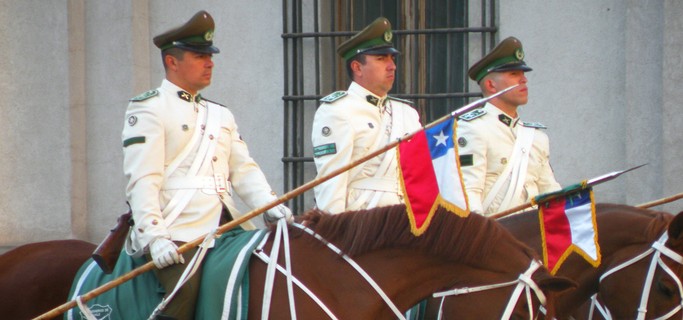
The Chilean Security Sector Defects from the Pinochet Dictatorship
Time Period: 1988Location: ChileMain Actors: Fernando Matthei (Air Force General), Rodolfo Stange (General Director of the Police), José Merino (Navy Admiral)Tactics - Withholding or withdrawal of allegiance - Mutinies by...

Lessons from Around the World: Engaging ‘Pillars of Support’ to Uphold and Expand Democracy
*This article was written by Chief Organizer Maria J. Stephan and was first published on Just Security. Efforts in the United States to build a broad, cross-partisan, and cross-ideological pro-democratic front...

Introducing the Pillars of Support Project
*By Adam Fefer In both the United States and abroad, political leaders have undermined democratic institutions and norms as part of a nearly two-decade global trend of rising authoritarianism. From the...
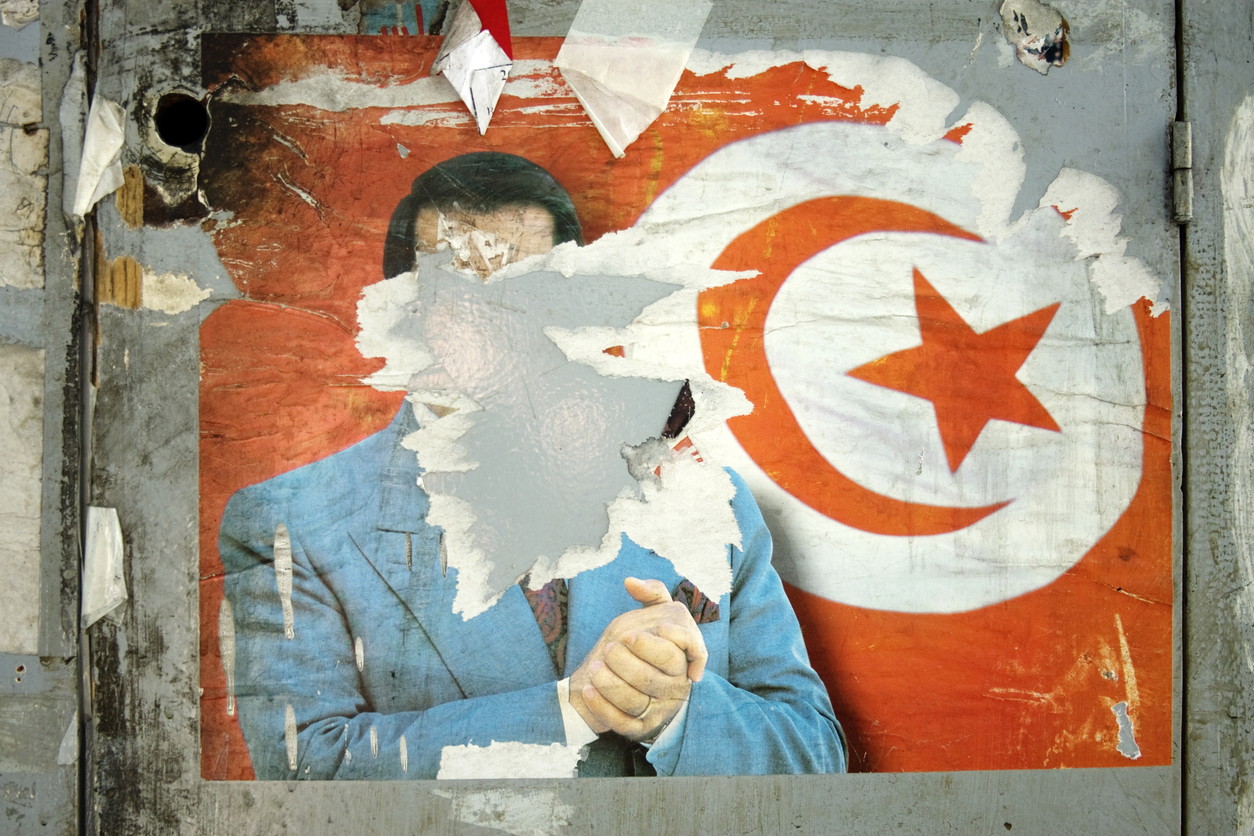
Tunisian Unions Support the Arab Spring
Time Period: 2010-2015Location: TunisiaMain Actors: Tunisian General Labour Union (UGTT)Tactics - General strikes - Protective Presence - Assemblies of protest or support Between 1987-2011, Tunisia was an autocracy ruled by...
